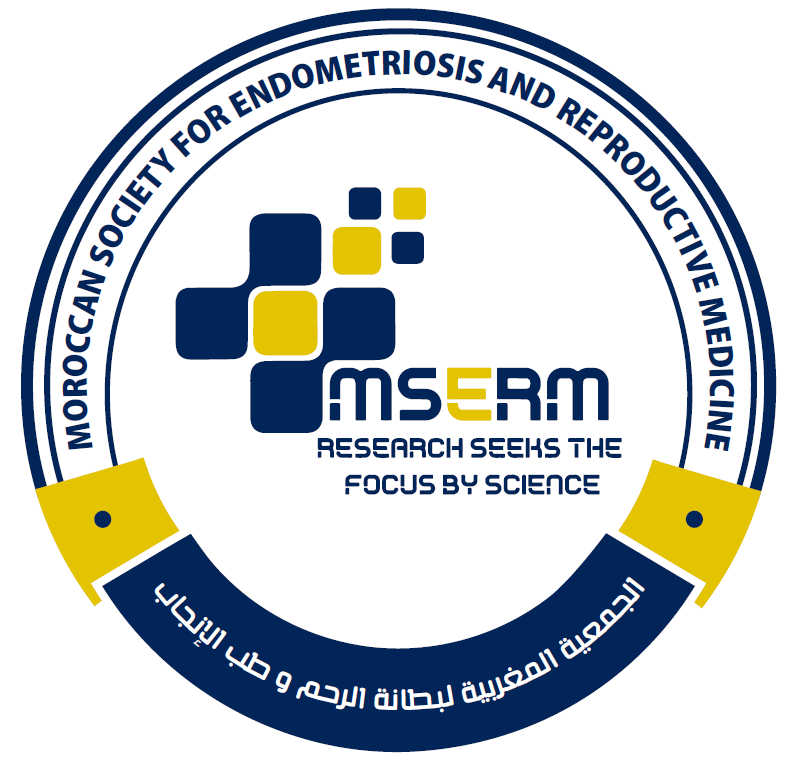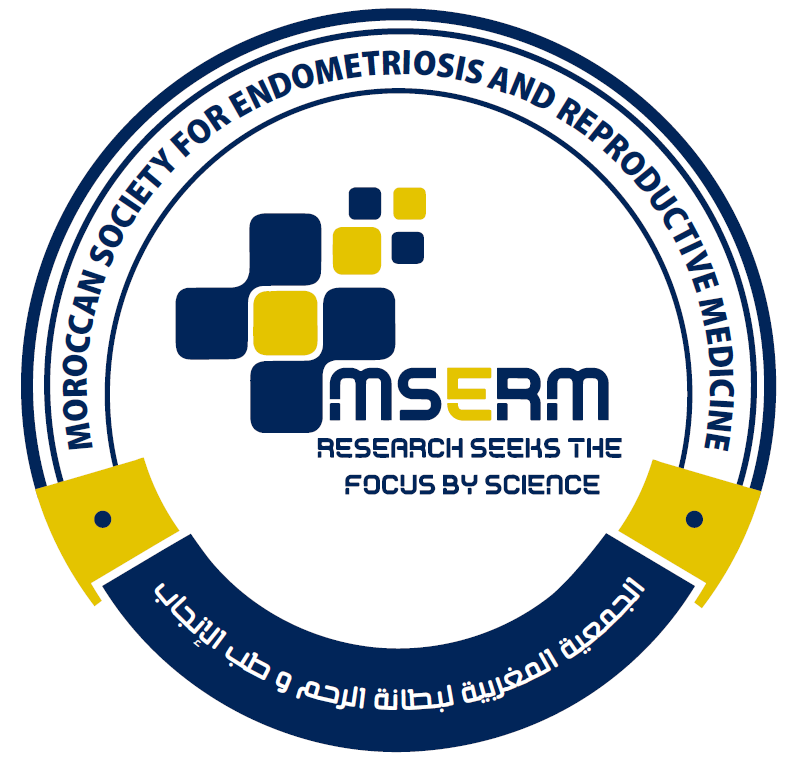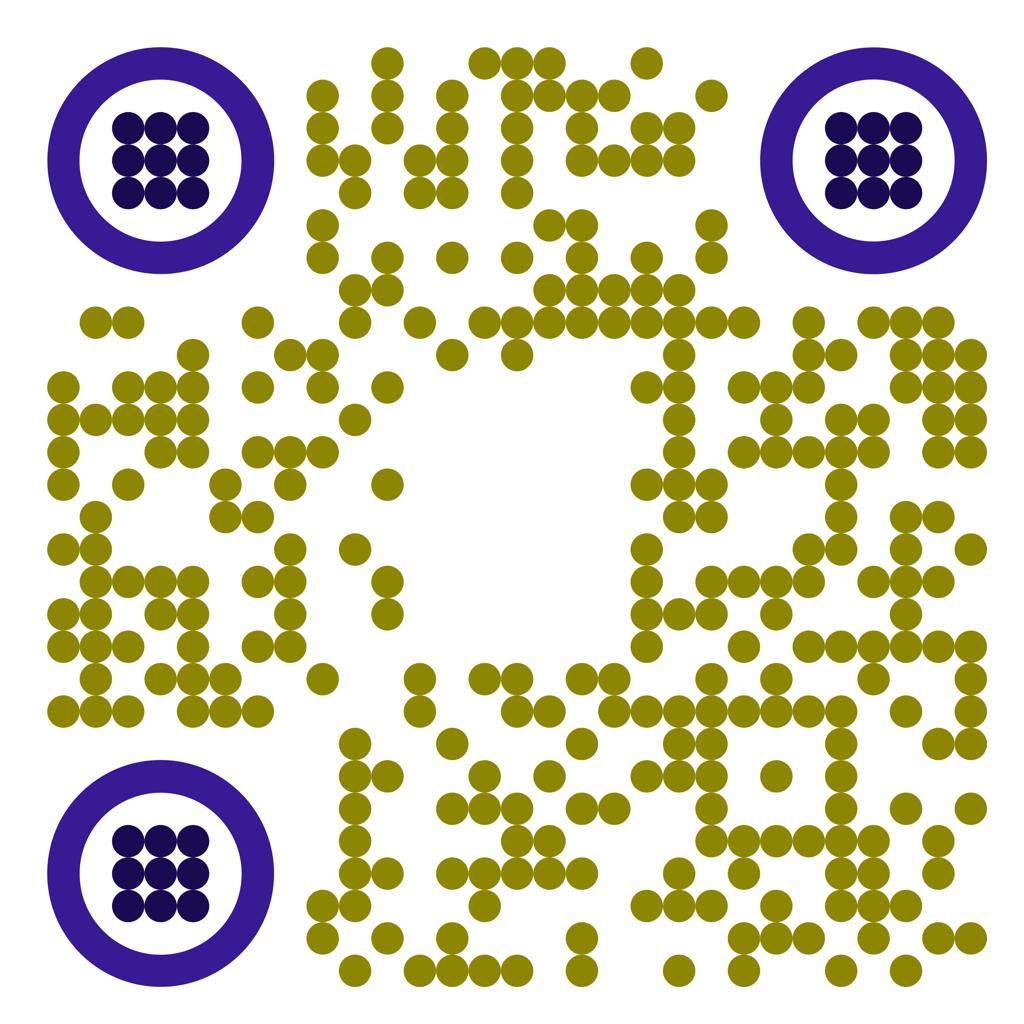All abstracts must arrive at the MSERM Office on 16 February 2022 at 23:59:59 GMT. at the latest.
Abstracts should be submitted in English only.
IMPORTANT! By submitting an abstract, the author(s) consent to present his/her/their work in-person. In the event of “force majeur” – including, but not limited to acts of God, war, civil authority or government regulations (quarantines and curfews), natural disasters, fire, strikes, (threats of) terrorist action, lock outs, accidents, blockade, import or export embargo, adverse weather, catastrophes, pandemic/epidemic, or any occurrence or act creating a significant risk to the author(s)’s health or safety – the author(s) consent to prepare a pre-recorded presentation (audio & video recording) or present his/her/their work virtually to be broadcasted in real-time during the MSERM 2022 Main Programme at a date and time as specified in the programme schedule.
By default the corresponding author will also be the presenting author in case the abstract is accepted for oral or poster presentation. Abstracts should only be submitted if the corresponding author plans to attend the Annual Meeting.
It is not allowed to change the corresponding/presenting author, nor is it allowed to make changes to the list of authors, the list of affiliations or the abstract itself after the corresponding/presenting author has received the outcome of the reviewing process. Make sure all the details are correct before you submit your abstract.
At submission, abstracts should contain unpublished and original material, which has not yet been presented in any other meeting. It is not possible to submit the abstract to another meeting that occurs before the MSERM annual meeting. Each presenting author can only submit one abstract.
All abstracts will be refereed in the absence of the names and addresses of the authors. Authors are requested to indicate their preference for oral and/or poster presentation on the abstract submission form. Abstracts that are submitted for oral/poster presentation, but that are not selected for oral communication can be referred to the poster sessions.
The decisions of the selection committee are final. All accepted abstracts and the index of authors will be published in an abstract book, a monograph to the Human Reproduction Journals.
All abstract will be reviewed and scored and subsequently accepted for presentation or rejected. This process will take some time to complete and the outcome will be available by 26 September 2022. At that time the submitter will be notified as to whether his/her abstract has been accepted or not.




